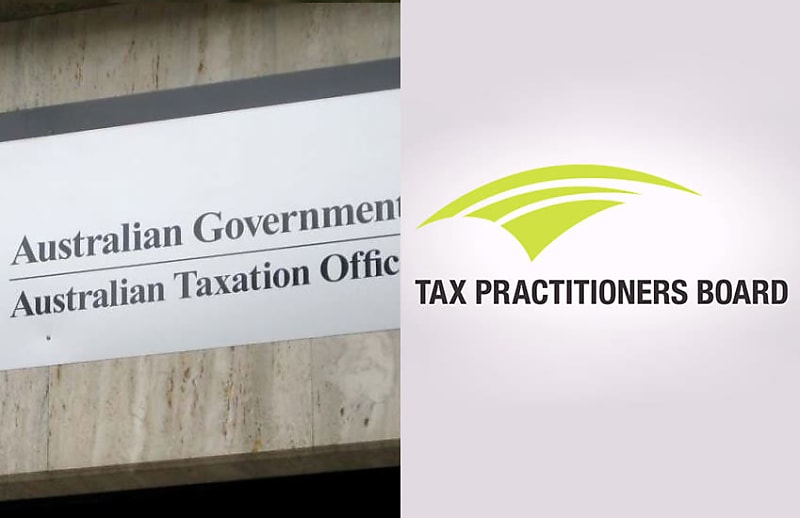The Tax Practitioners Board guidance on the breach reporting provisions helps clarify what constitutes a breach but leaves several critical issues unresolved, according to the Institute of Financial Professionals Australia.
In a recent submission on the guidance, the IFPA said most of the guidance case studies were “vanilla” where it is clear whether the offence is a breach under the new provisions.
You’re out of free articles for this month
“There is a place for obvious examples to help set the boundaries for a new measure, but it is the more marginal and nuanced case studies that add the most value. There should be more of these,” the submission said.
“The gossip example and the vexatious unsupported claim example are probably helpful, although we would like example 5 (about overheard gossip) to make it clear that Brittany does not have any obligation to make further enquiries about the mutual acquaintance who is the subject of the gossip.”
The IFPA said situations where a tax practitioner takes over a client from another practitioner and errors and discrepancies emerge from work performed in previous years is an area that continues to confuse in terms of the upcoming provisions.
“We believe such events will give rise to most of the potential reporting of suspected breaches by other practitioners,” the submission said.
The IFPA is also concerned that the draft guidance does not make it clear whether the application date applies to the time the offending actions being reported took place or to the time the reporting tax practitioner comes to hold the reasonable belief that there has been a significant breach of the code.
Regarding the latter, the IFPA questioned whether this would mean the reporting requirements would operate retrospectively, and potentially apply to offences that occurred many years ago.
The submission also stressed that tax practitioners must not be forced into the unwanted position of an investigator under these new provisions.
The draft guidance acknowledges that reporting tax practitioners may not be privy to the same facts and information when reporting other practitioners as they would when self-reporting.
However, in determining whether the reporting tax practitioners had reasonable grounds for believing that another tax practitioner had committed a significant breach of the code, the TPB said it would have regard to what extent that practitioner made reasonable enquiries or sought advice to ascertain whether the code was breached.
The IFPA said tax practitioners lack the necessary skills and experience to investigate potential breaches.
“That is surely a task for the TPB if, based on the information the reporting tax practitioner has without engaging in further amateur sleuthing,” it said.
“Any reasonable enquiries on the part of the reporting tax practitioner should be confined to publicly available information. The draft information sheet should clarify this point.”
Miranda Brownlee
AUTHOR
Miranda Brownlee is the editor of Accountants Daily and Accounting Times, the leading sources of news, insight, and educational content for professionals in the accounting sector.
Miranda has over a decade of experience reporting on the financial services and accounting sectors, working on a range of publications including SMSF Adviser, Investor Daily and ifa.



